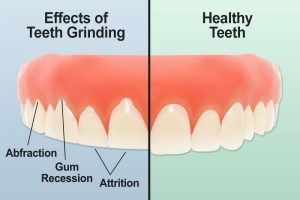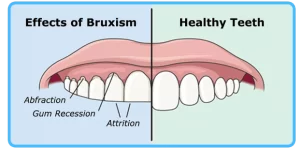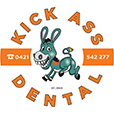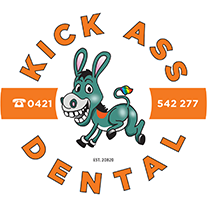What Causes Teeth Grinding? Understanding Bruxism
Teeth grinding, medically known as bruxism, is a common dental issue that affects many individuals. This involuntary clenching, grinding, or gnashing of teeth often occurs during sleep and can lead to a range of dental problems. Understanding the causes of teeth grinding is essential for effective management and prevention. Let’s delve into the various factors that contribute to bruxism.
The Role of Stress and Anxiety
Stress and anxiety are significant contributors to teeth grinding. In today’s fast-paced world, many people experience high levels of stress, often unknowingly carrying this tension into their sleep. This can lead to the subconscious grinding of teeth as the body seeks an outlet for the built-up stress. Bruxism can also be a response to anxiety, and individuals with generalized anxiety disorder or other related conditions are more prone to teeth grinding.

Malocclusion and Dental Issues
Malocclusion, or improper alignment of teeth, is another prominent cause of bruxism. When teeth do not align correctly, it can result in an uneven bite. The body’s natural response to correct this misalignment is to grind the teeth, which can lead to discomfort and pain. Additionally, dental problems such as missing teeth or a lack of uniform contact during biting and chewing can trigger bruxism as the body attempts to compensate.
lifestyle Factors and Habits
Lifestyle factors and habits can also play a role in teeth grinding. Consuming excessive amounts of caffeine or alcohol, especially close to bedtime, can contribute to bruxism. These substances stimulate the nervous system, increasing the likelihood of teeth grinding during sleep. Smoking is another habit linked to bruxism, as nicotine can affect sleep patterns and lead to muscle tension, including jaw clenching.
Sleep Disorders and Medications
Certain sleep disorders and medications have been associated with teeth grinding. Sleep apnea, a condition characterized by interrupted breathing during sleep, can trigger bruxism as the body attempts to reopen the airway. Additionally, some medications, such as certain antidepressants, can lead to teeth grinding as a side effect. It’s important to consult a medical professional if you suspect a medication is contributing to your bruxism.
Managing and Preventing Bruxism
Fortunately, there are strategies to manage and prevent teeth grinding. Stress management techniques, such as meditation, yoga, and relaxation exercises, can help reduce bruxism triggered by stress and anxiety. Dentists may recommend wearing a nightguard, a custom-made dental appliance that acts as a barrier between the upper and lower teeth, preventing grinding. Correcting dental misalignments through orthodontic treatment can also alleviate bruxism caused by malocclusion.
Seeking Professional Advice
If you suspect you’re grinding your teeth, it’s wise to seek professional advice. A dentist can diagnose bruxism through a comprehensive examination of your teeth and jaw. They can provide tailored recommendations based on the underlying causes and severity of your condition. In some cases, referral to a sleep specialist or a therapist may be beneficial, especially if stress, anxiety, or sleep disorders are contributing factors.

In conclusion, understanding the causes of teeth grinding is essential for effectively managing and preventing bruxism. Whether stress, dental issues, lifestyle habits, or underlying medical conditions are contributing to your teeth grinding, seeking professional guidance and implementing appropriate strategies can help safeguard your dental health and overall well-being. https://kickassdental.com.au/services/





